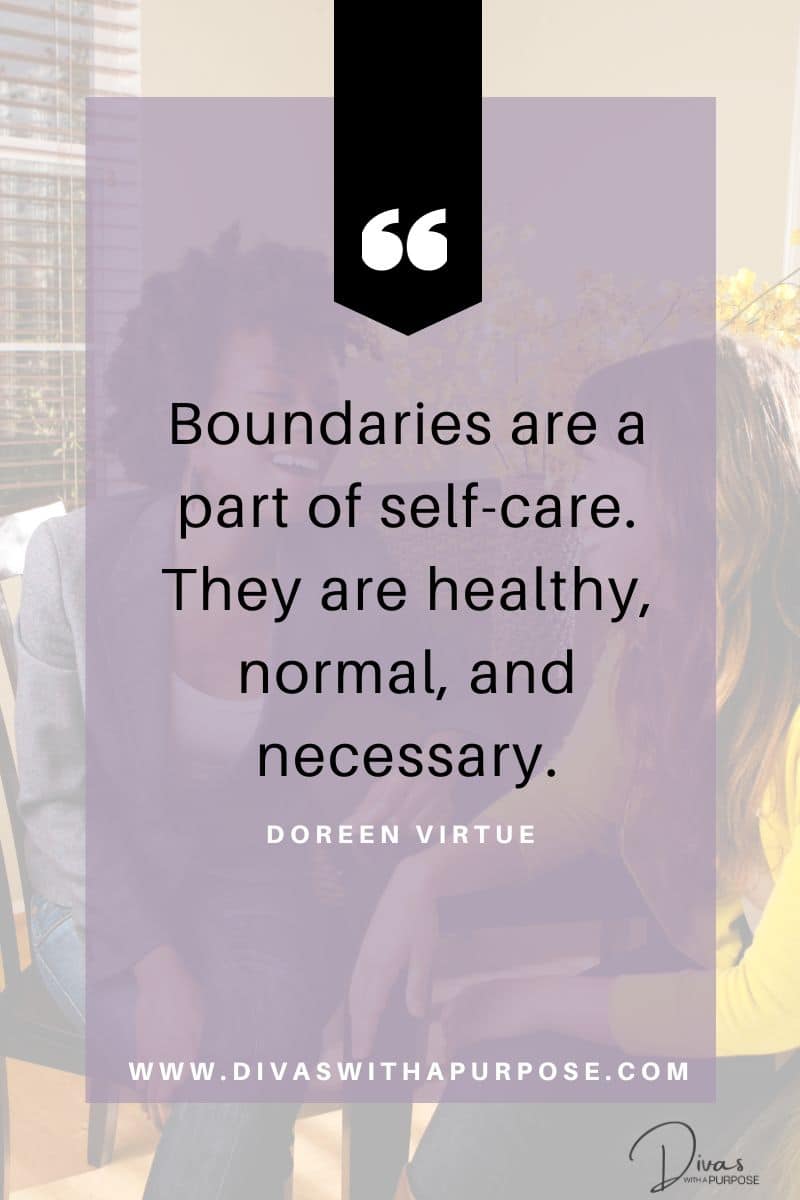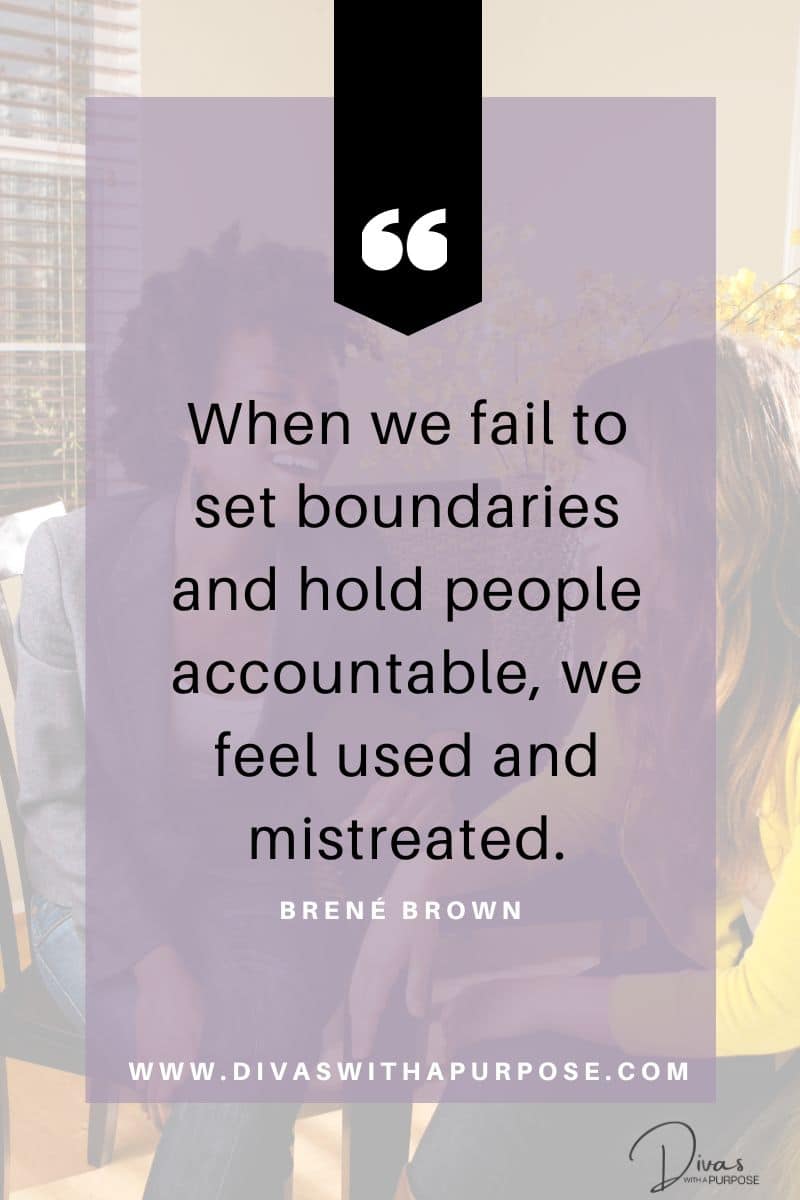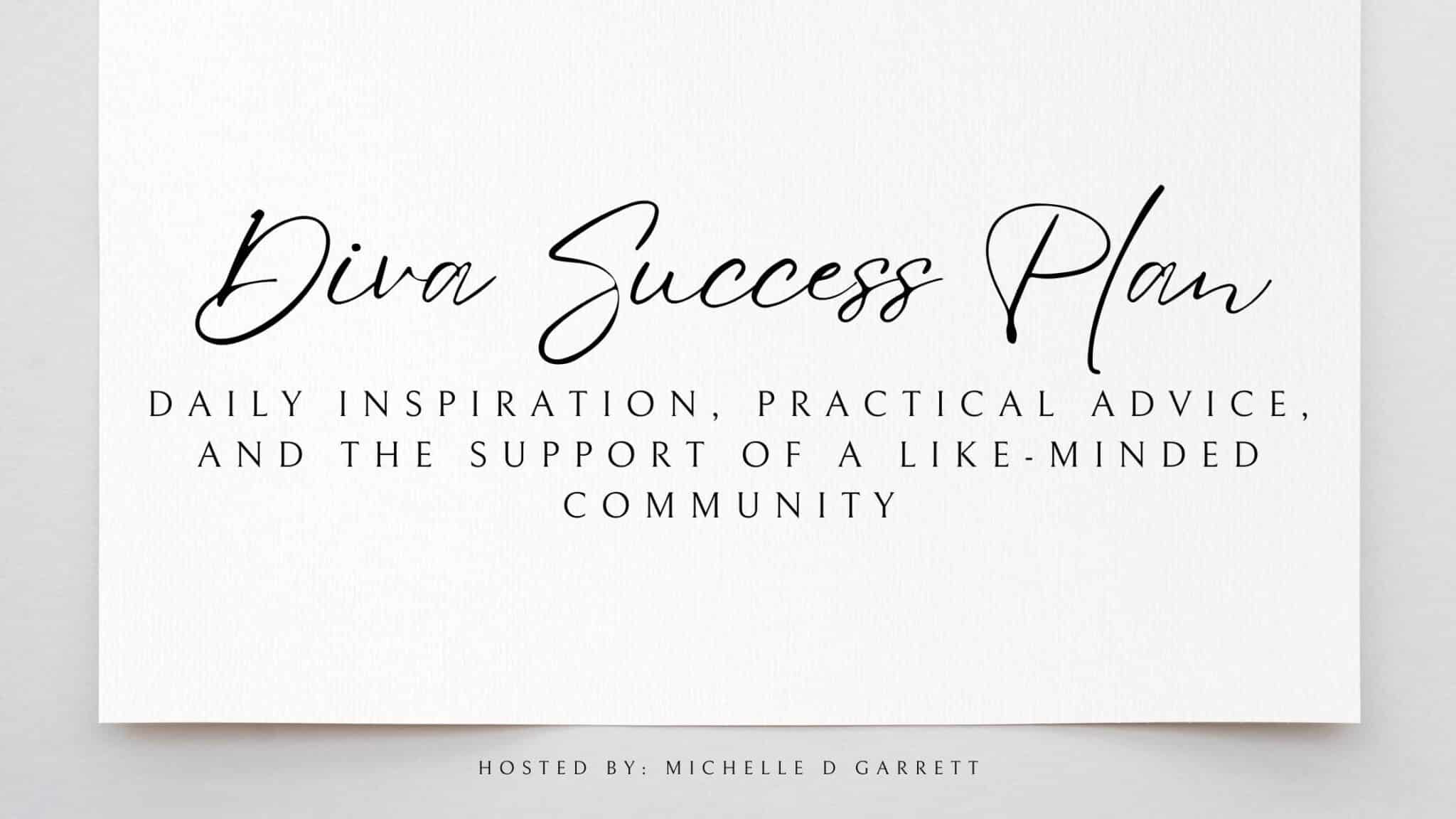10 Tips for Setting Healthy Boundaries
In the intricate dance of human relationships, setting healthy boundaries is like a graceful waltz – essential for harmony and balance. These boundaries, however, are not rigid walls, but rather guidelines that help you navigate the intricate terrain of your interactions with others.
Throughout my work, personal experiences and therapy sessions, I have picked up some invaluable tips for establishing healthy boundaries, paving the way for a more fulfilling and well-rounded life.

The Art of Setting Healthy Boundaries
Let’s delve into the transformative power of boundaries, how they strengthen your relationships, safeguard your emotional health, and ultimately help you regain control over your life’s narrative. As you embark on this journey of self-discovery and assertiveness, you’ll find that setting boundaries isn’t just an act of self-care—it’s a profound declaration of self-worth.
Define Your Boundaries
Before you can communicate your boundaries to others, it’s crucial to define them for yourself. Take a moment to reflect on your needs and the situations that make you feel comfortable or uncomfortable. Create a list of your boundaries and needs, such as “I need alone time each day” or “I don’t lend money to friends.” By clarifying your boundaries internally, you set the stage for effective communication.
Communicate Your Boundaries Kindly
Once you’ve defined your boundaries, it’s time to communicate them to the people in your life. Approach these conversations with kindness and empathy. Instead of framing boundaries negatively, express them positively. For example, say, “I need an hour to unwind after work before making dinner plans,” rather than “Don’t ask me to do dinner right after work.” This constructive approach fosters understanding and cooperation.
Be Consistent
Consistency is the cornerstone of healthy boundaries. It’s essential to stick to your defined boundaries consistently, without making exceptions that leave you feeling resentful or taken advantage of. For instance, if you’ve set aside Friday nights as family time, avoid agreeing to work-related social events on Fridays. Consistency reinforces the message that your boundaries are non-negotiable.

Don’t Justify Your Boundaries
One common pitfall in boundary-setting is feeling the need to justify your decisions. Remember that you don’t owe lengthy explanations or apologies for asserting your boundaries. State your limits decisively without guilt or over-explanation. For example, simply say, “No, I’m not available to host guests this weekend” without feeling the need to elaborate.
Know It’s Okay to Say No
Saying “no” is a powerful act of self-care. Trust your instincts and don’t be afraid to decline a request if it makes you uncomfortable or overwhelmed. It’s far better to decline immediately than to reluctantly agree to something you don’t want to do, as this can lead to resentment and emotional strain.
Prioritize Self-Care
In the hustle and bustle of life, it’s easy to get caught up in meeting the demands of others. However, it’s essential to prioritize self-care and carve out time for yourself, even when others seek your attention. Remember that you cannot pour from an empty cup. By dedicating time to activities that nourish your well-being, you become better equipped to support those around you.
Let Go of Guilt
One of the most challenging aspects of setting boundaries is overcoming the guilt that may arise. It’s essential to understand that establishing boundaries doesn’t make you selfish; it makes you healthy. Don’t allow guilt to deter you from honoring your needs and maintaining your emotional well-being.

Recognize Unhealthy Relationships
Pay close attention to relationships in which certain individuals consistently push your boundaries or attempt to manipulate you. These interactions can be emotionally draining and harmful to your mental health. It’s crucial to recognize such unhealthy dynamics and consider reevaluating these relationships.
Limit Time with Toxic People
In some cases, distancing yourself from toxic individuals may be necessary for your well-being. Spend less time with people who repeatedly disrespect your boundaries and seek to build new, healthier relationships that align with your values and boundaries.
Seek Support If Needed
If you struggle with asserting yourself and setting boundaries, don’t hesitate to seek support. Consider enlisting the help of a counselor or confiding in a supportive friend. Roleplaying various scenarios can help you develop the confidence and skills needed to assert your boundaries effectively.
Setting healthy boundaries is a transformative journey that allows you to channel your emotional energy into fulfilling and enriching relationships. With consistency and self-compassion, you can reinforce these boundaries, creating a more balanced and harmonious life. Remember, your boundaries are not walls that isolate you; they are bridges that connect you to a more authentic and contented existence.
Related articles:

Michelle D. Garrett is the founder of Divas With A Purpose.
She focuses on sharing resources for being purposely productive; setting personal and professional goals and achieving them through daily action; and successfully running a business while focusing on your mental health. Michelle is a full-time entrepreneur who specializes in teaching female entrepreneurs how to show up consistently in their business – online and off.

Join the DIVA Success Year for More Insights and Actionable Ideas
Imagine what you can achieve with 365 days of focused, actionable steps designed specifically for female entrepreneurs like you. Each day of the DIVA Success Year offers you a chance to take a step forward, refine your strategy, and show up consistently for yourself and your business.
Are you ready to take your business to the next level? Join the DIVA Success Year challenge today for daily inspiration, practical advice, and the support of a like-minded community. Together, we’ll build momentum and see real results!

